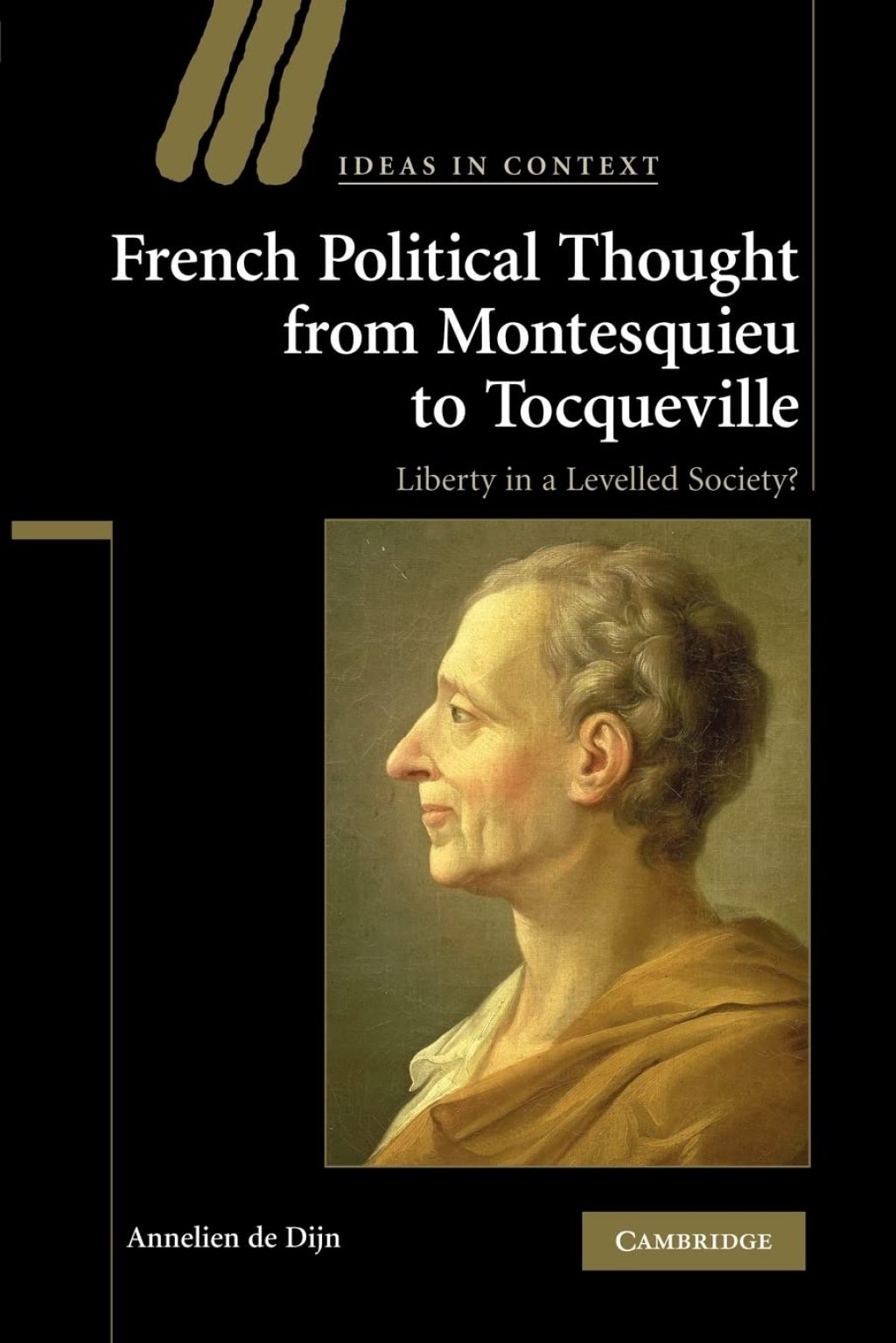French Political Thought: A Comprehensive Overview
Introduction
Hello Readers,
Welcome to this comprehensive guide on French political thought. In this article, we will explore the key concepts, influential thinkers, and historical context that have shaped the political landscape in France. Whether you are a student of political science or simply curious about the subject, this article aims to provide you with valuable insights into the rich intellectual tradition of French political thought.

Image Source: media-amazon.com
So, let’s dive into the fascinating world of French politics!
Overview
French political thought encompasses a wide range of ideologies, theories, and debates that have emerged throughout the country’s history. It has played a crucial role in shaping not only French politics but also influencing political movements and thinkers globally.
This article will delve into various aspects of French political thought, including its origins, key figures, important concepts, and its impact on modern political discourse.
Origins of French Political Thought
The origins of French political thought can be traced back to the Enlightenment period, which saw a profound intellectual and philosophical transformation across Europe. Influenced by the ideas of philosophers such as Montesquieu, Rousseau, and Voltaire, French thinkers began to question the authority of the monarchy and advocate for principles of liberty, equality, and democracy.
This period of intellectual ferment laid the foundations for the French Revolution, which further propelled the development of political thought in France.
Key Thinkers in French Political Thought
French political thought boasts a rich lineage of influential thinkers who have shaped political theory and practice. Some of the key figures include:
Montesquieu: Famous for his theory of separation of powers, Montesquieu’s ideas greatly influenced the development of democratic systems.
Jean-Jacques Rousseau: Rousseau’s concept of the social contract and his belief in the sovereignty of the people have had a lasting impact on democratic thought.
Charles de Montesquieu: A prominent figure during the French Revolution, Robespierre advocated for radical political and social transformations.
Alexis de Tocqueville: Known for his analysis of democracy in America, Tocqueville’s writings continue to be widely studied and debated.
These thinkers, among others, have played instrumental roles in shaping French political thought and influencing political movements worldwide.
The Evolution of French Political Thought
Over the centuries, French political thought has evolved and adapted to the changing social and political landscape. From the revolutionary fervor of the 18th century to the rise of socialism and the challenges of globalization, French thinkers have continuously grappled with complex questions of power, equality, and justice.
Today, French political thought encompasses a wide range of ideologies, including liberalism, conservatism, socialism, and feminism, each with its own distinct theoretical frameworks and policy prescriptions.
Advantages and Disadvantages of French Political Thought
Like any political ideology or thought system, French political thought has its pros and cons. Let’s examine some of the advantages and disadvantages:
Advantages:
1. Emphasis on Liberty: French political thought places a strong emphasis on individual liberty and the protection of civil rights, providing a foundation for democratic societies.
2. Commitment to Equality: French thinkers have championed the idea of equality, advocating for social justice and equal opportunities for all members of society.
3. Critical Analysis of Power: French political thought encourages a critical examination of power structures and the role of the state, fostering a more accountable and transparent political system.
Disadvantages:
1. Tendency Towards Centralization: French political thought has been criticized for its tendency towards centralization, which some argue can stifle individual and regional autonomy.
2. Ideological Divisions: The diversity of French political thought has also led to ideological divisions and debates, sometimes hindering effective governance and policy making.
3. Resistance to Change: French political thought has occasionally been resistant to change and reform, leading to slower adaptation to societal and global challenges.
Frequently Asked Questions (FAQs)
1. What are the main principles of French political thought?
Answer: The main principles include liberty, equality, democracy, and the sovereignty of the people.
2. Who are the most influential French political thinkers?
Answer: Some of the most influential thinkers include Montesquieu, Rousseau, Robespierre, and Tocqueville.
3. When did French political thought emerge?
Answer: French political thought emerged during the Enlightenment period in the 18th century.
4. Where can I learn more about French political thought?
Answer: There are several books and academic resources available that provide in-depth insights into the subject. Some recommended readings include The Social Contract by Rousseau and Democracy in America by Tocqueville.
5. How has French political thought influenced global politics?
Answer: French political thought has inspired and influenced political movements and thinkers worldwide, shaping democratic systems and advocating for principles of liberty and equality.
Conclusion
In conclusion, French political thought has played a significant role in shaping not only French politics but also influencing political discourse globally. With its emphasis on liberty, equality, and democracy, it has provided a foundation for the development of democratic systems and the fight for social justice.
By understanding the origins, key thinkers, and main ideas of French political thought, we can gain valuable insights into the complexities of political theory and practice. It is through this understanding that we can contribute to the ongoing evolution and improvement of political systems, both in France and around the world.
Final Remarks
French political thought continues to evolve and adapt to the challenges of the modern world. It is a subject of ongoing debates and discussions, with new ideas and theories constantly emerging.
As readers, it is important to engage critically with these ideas, evaluating their merits and considering their potential impact on society. By doing so, we can contribute to the vibrant intellectual tradition of French political thought and work towards a more just and inclusive political future.